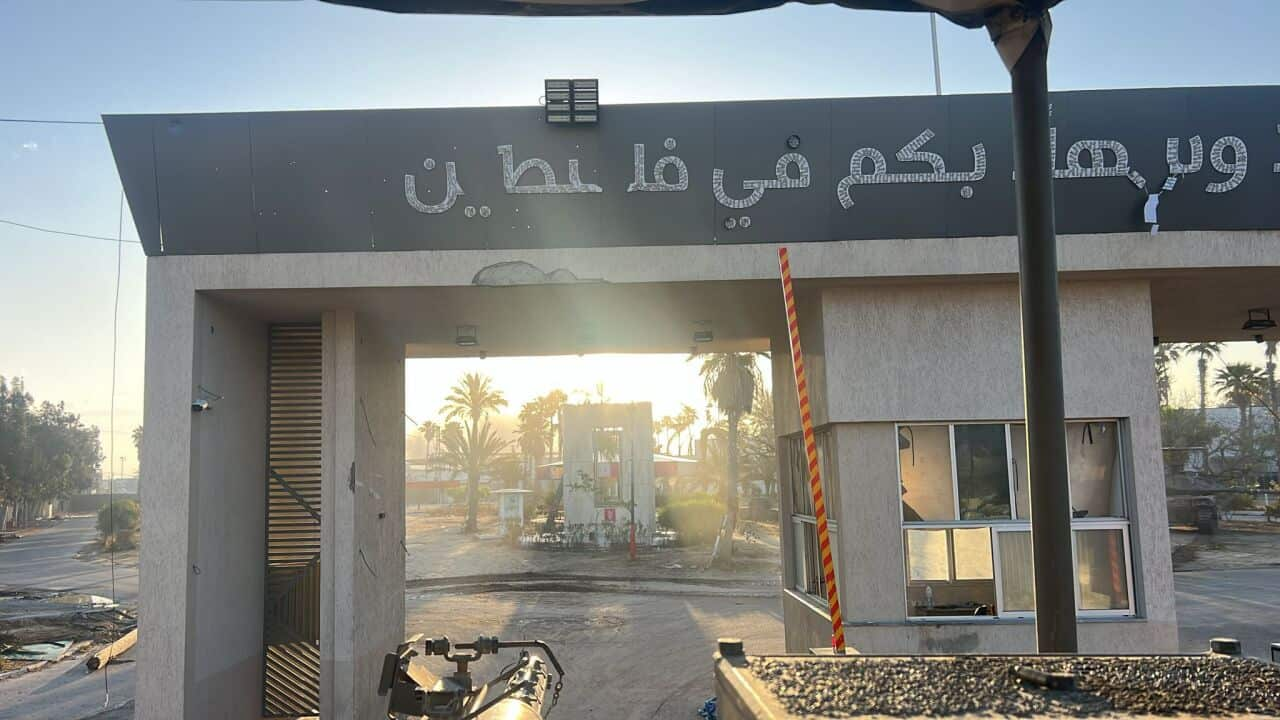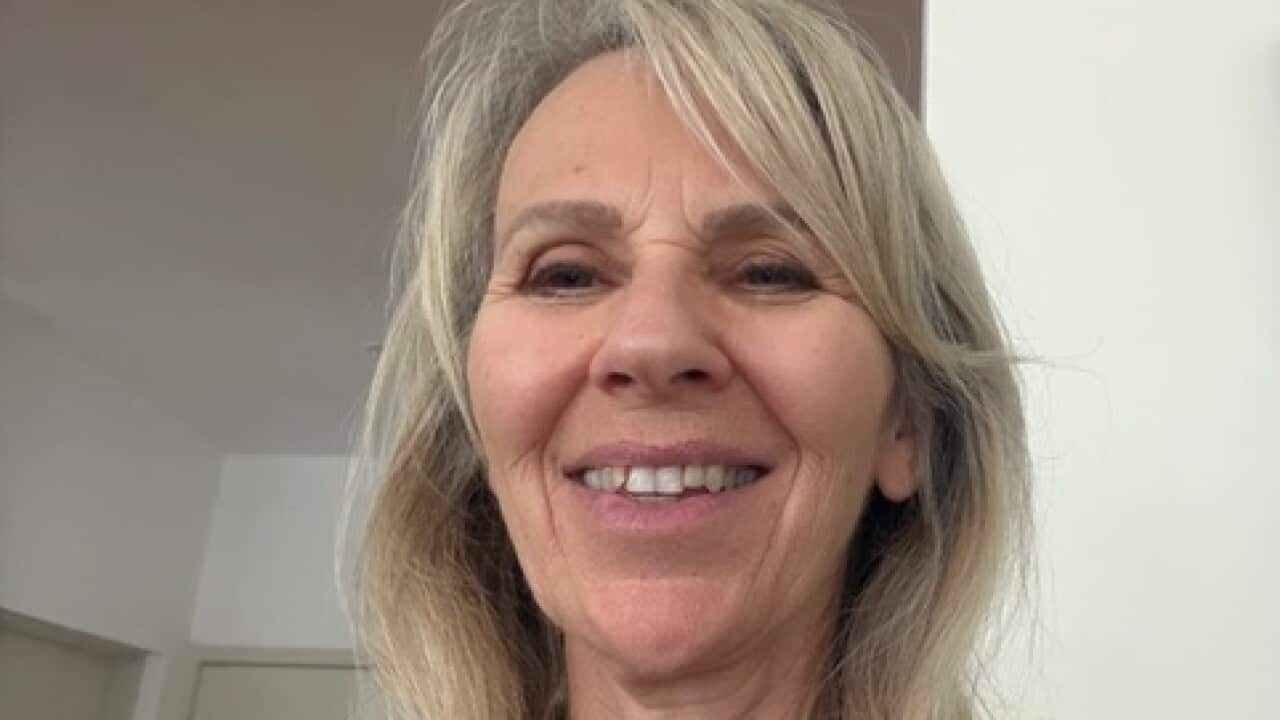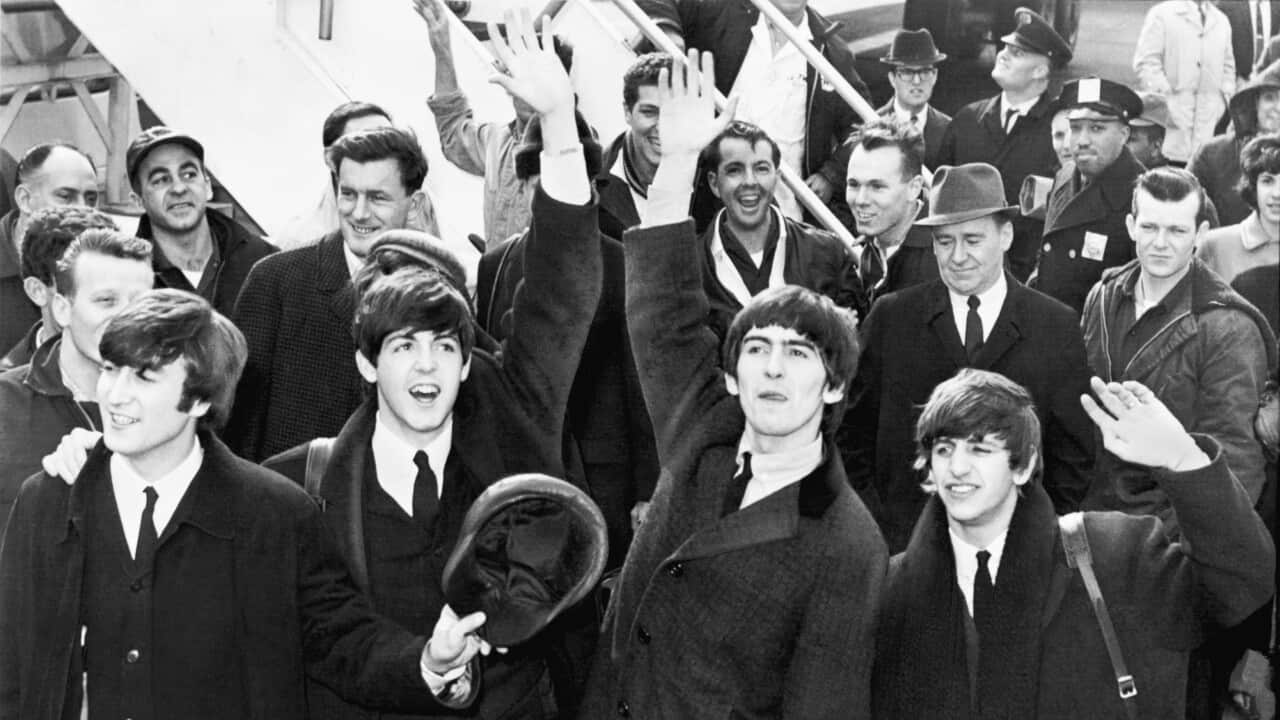Holocaust survivors, history teachers and museum directors are calling for improved education strategies on a national scale regarding the study and broader understanding of the Holocaust.
It follows alarming results from Australia's first national survey of Holocaust knowledge and awareness, which coincides with International Holocaust Remembrance Day
A new survey shows a quarter of Australians don't know much about it, and they know even less about Australia's connections to the tragic event.
The findings are part of Australia's first national survey of Holocaust knowledge and awareness by the Gandel Foundation, and the release of its results coincide with International Holocaust Remembrance Day [[27 Jan]].
The data shows 30 per cent of millennials have poor levels of knowledge of the Holocaust; but 78 per cent believe that Holocaust museums and memorials are valuable; and 66 per cent believe it should be compulsory for schools to teach it.
The survey was conducted by Deakin University and based on similar research in the USA, Canada, the UK, France and Austria.
The survey was conducted in September last year; around 70 questions were asked to 3,522 adults across all states and territories, making it the largest survey of its type ever undertaken in Australia.
Overall, Australians of all ages showed comparatively high levels of Holocaust knowledge, with almost 70 per cent correctly identifying that the Holocaust refers to the genocide of Jews, while 80 per cent knew that Holocaust occurred between 1933 to 1945, and 54 per cent correctly identified that the number of Jews murdered was approximately six million.
Respondents also registered low levels of Holocaust denial and overt antisemitism.
The research team made eight recommendations in the report, including the call for the introduction of a consistent approach to Holocaust studies in schools across Australia with accredited teacher training; the need for resources that explore Australia’s Holocaust connections; the development of strategies to drive engagement with Holocaust museums; challenging anti-Semitic stereotypes through educational programs, enabling students to hear Holocaust survivor testimonies, and ongoing research.
Australia is home to arguably the largest number of Holocaust survivors per capita outside Israel, and the survey found Australia's connections to the Holocaust remain largely unknown to the public and there are inconsistent approaches to teaching the Holocaust in schools across the country.





